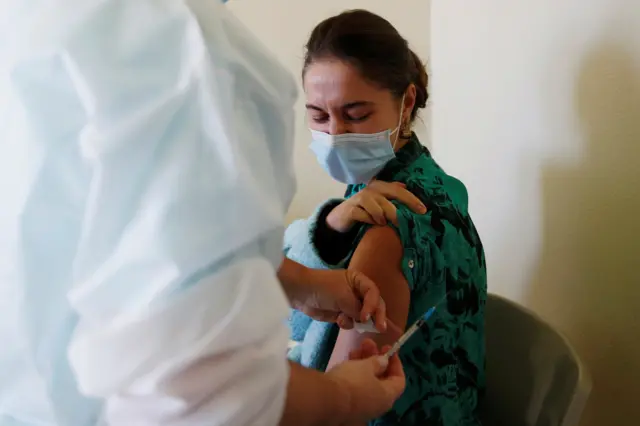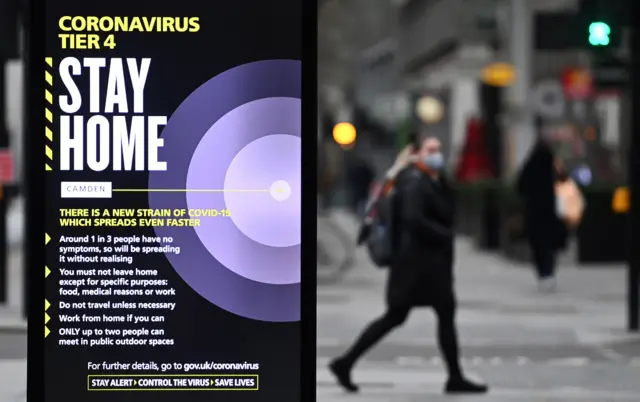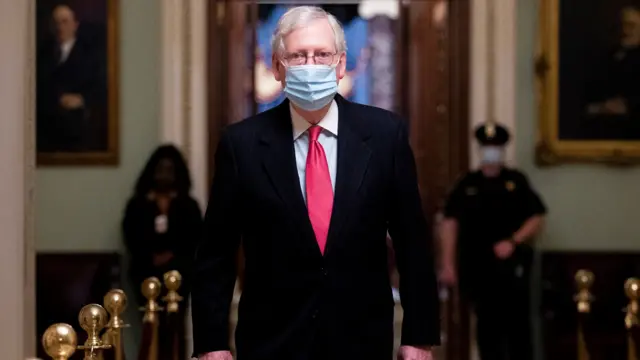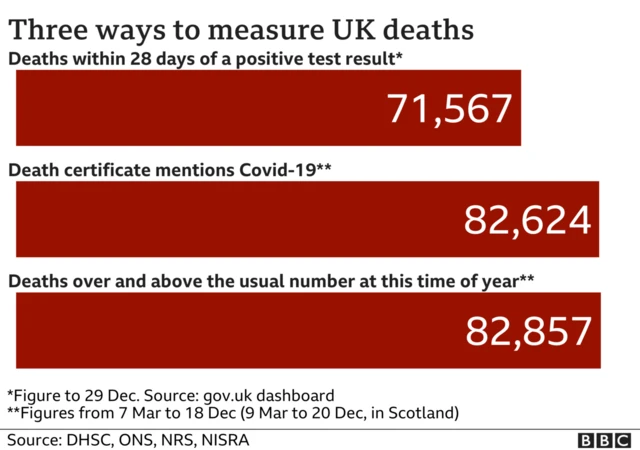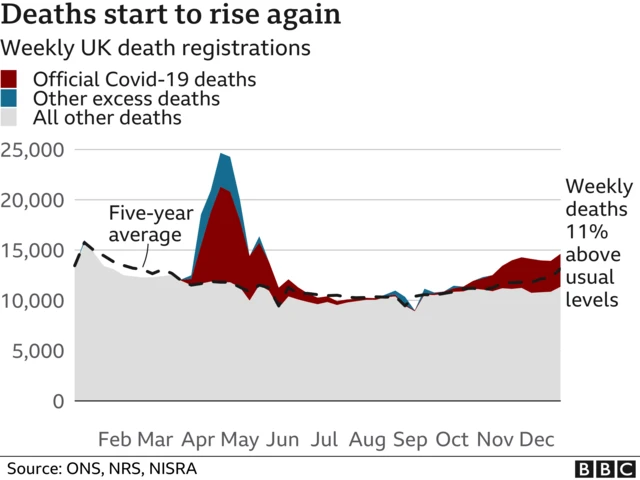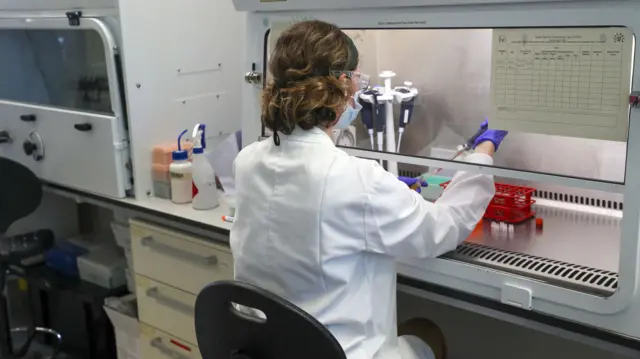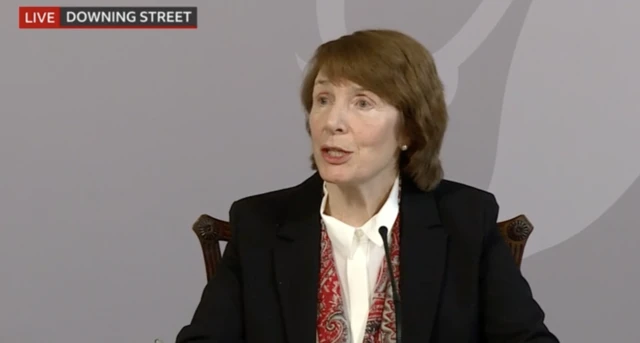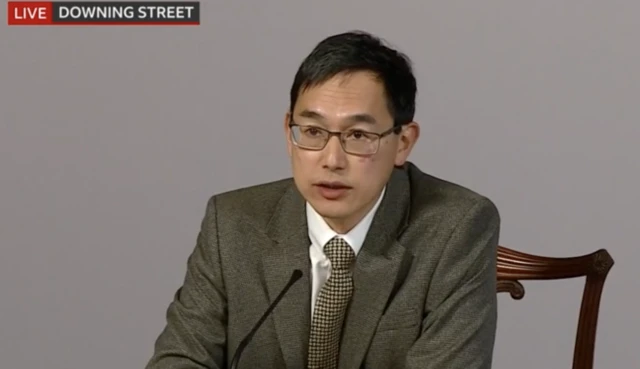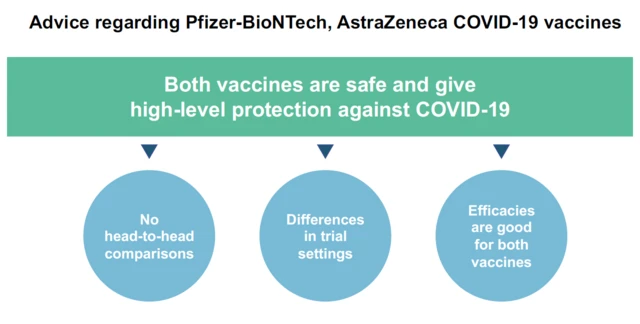The inside story of the Oxford-AstraZeneca vaccinepublished at 13:41 GMT 30 December 2020
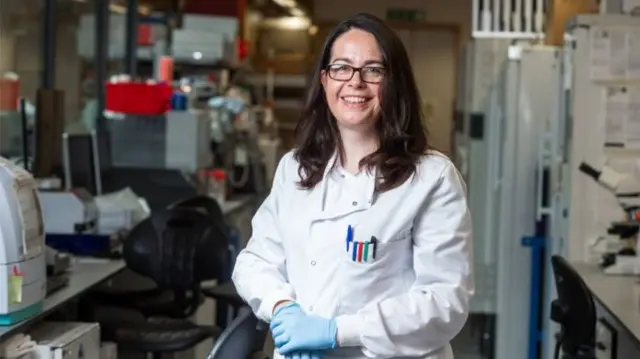 Image source, John Cairns/University of Oxford
Image source, John Cairns/University of OxfordProf Teresa Lambe, who designed the vaccine over a weekend
The Oxford-AstraZeneca vaccine was created at lightning speed and the result of months of hard work from scientists.
But there have been plenty of setbacks and dramas along the way - from a rush to charter a jet when a flight ban prevented the vaccine getting into the country to false reports on social media that the first volunteer to be immunised had died.
Our medical editor Fergus Walsh has been following the development of the vaccine since January - you can read the fascinating inside story here or watch this episode of Panorama.
